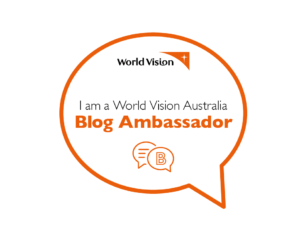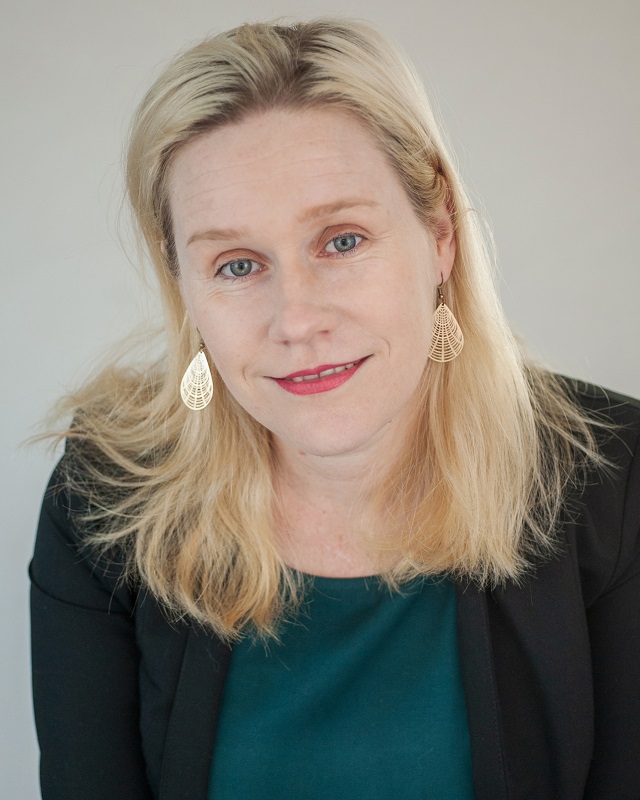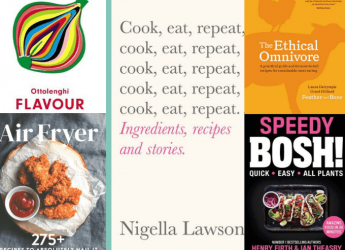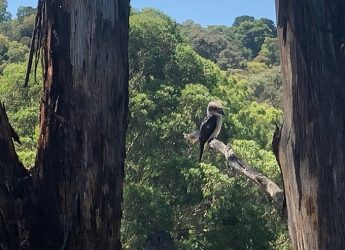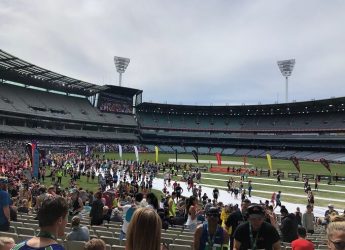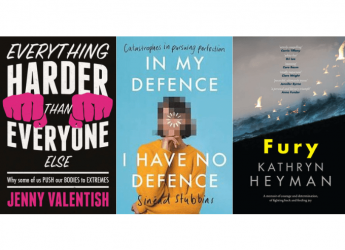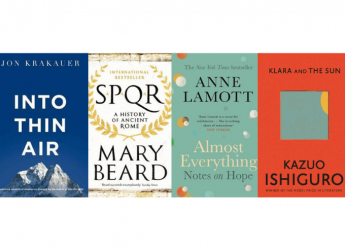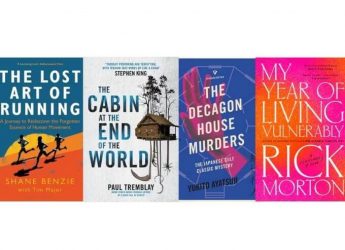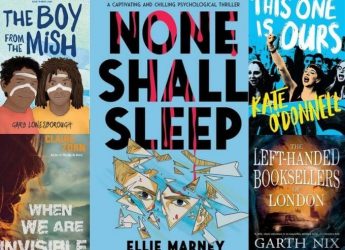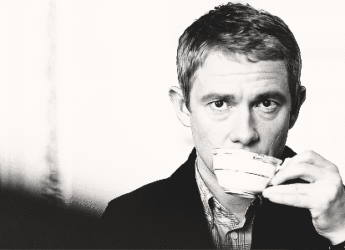You might recall that a few weeks ago I was part of the blogging team covering the Overload Poetry Festival at Overland. Due to the overwhelming amount of good stuff they had, this piece didn’t get used in the end and so I’m posting it here instead.
******
I was recently introduced to several members of the Friendly Street Poets and was asked, “Do you write poetry?”
“Ah – well. Not really,” I answered, uncertain if I was even correct.
A friend of mine turned to me, puzzled. “What? You’ve won an award for a poem you wrote.”
Oh, yes. That’s right. I have.
You see: I’m only a beginner. If I ever was once shy for admitting I was a writer, I am trebly so for admitting I write poetry. I’m not sure why.
My first major introduction to poetry came – like many of us – via high school English classes, when certain students would protest throughout the forty minute periods because they were asked to open their Robert Frosts to ‘Mending Walls’. Bored, they shot spit balls onto the windows as physical reminders of their disgruntled captivity while the rest of us struggled with learning the basic terminology: alliteration, assonance, onomatopoeia. Those words earned us ticks in the margins of our essays, but how did they really influence a poem’s meaning? How essential were they? What importance was metre when we could barely follow the meaning? We had little clue. And after these poetry units finished we fell back upon our novels with gratitude, to discover just what happened to those boys with their sticks who were chasing Ralph around the island.
It wasn’t until university when I began to understand. It first happened while I was studying Akhenaton. Who was this woman who could slick sex so close to history and make them like posters for a new world unfurled? The passion, the lust, and oh my, the unfussiness of language; it did not require laborious deciphering. It lay there on the page, raw and uncompromising. Dorothy Porter remains to this day one of my favourite poets and I was greatly saddened to hear of her passing in late 2008.
This is not to say I didn’t appreciate the old masters. Tennyson’s Maud has great hold over my heart. With sympathy and compassion, Tennyson uses the troubled protagonist as an example; breaks him down, reconstructs him, and then puts him out again in a world where:
“…the hoof of the horses beat, beat,
Beat into my scalp and my brain,
With never an end to the stream of passing feet,
Driving, hurrying, marrying, burying,
Clamour and rumble, and ringing and clatter”
The late Victorian period seems not too dissimilar to our own! This is why the poem means a lot to me – at a time when I felt shunted out into the wider world, here was someone else struggling with similar issues; darker ones. I could not help but fall in love with this eloquence:
My life has crept so long on a broken wing
Thro` cells of madness, haunts of horror and fear,
That I come to be grateful at last for a little thing:
My mood is changed…
Some critics are left cold by Maud, but I wrote extensive essays in its defence, by extracting long and multiple quotes. While doing so, I realised this was what the rhetoric surrounding poetry should be like, this is what people are so passionate about: not ‘straight’ interpretations, analyses as cold as mathematical formulas can be. Poems are riddles, tangents, truths and lies. They are hologramatic. They are chameleons. They spur our souls into action.
Only then did I begin writing my own. I wanted to start hearing more from others.
This is why I’ve started to go to such festivals as Overload, to see more performance poetry, to see more works being read by their authors, to be surrounded by language and roll words around my mouth like magic lozenges.
******
I had a great response yesterday to my new book news and don’t think my talking about it is going to end there. Nope. I’m just not going to talk more about it today, as my head hasn’t been feeling quite right this week. Tomorrow I’m off to the doctors to get a repeat script for my Meniere’s Disease and I’m going to hope that sets me straight again.



